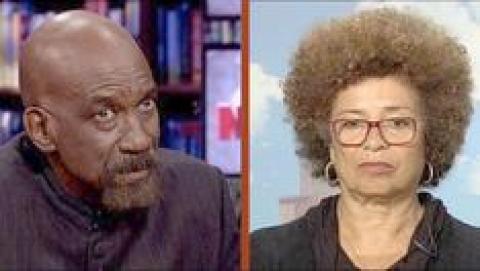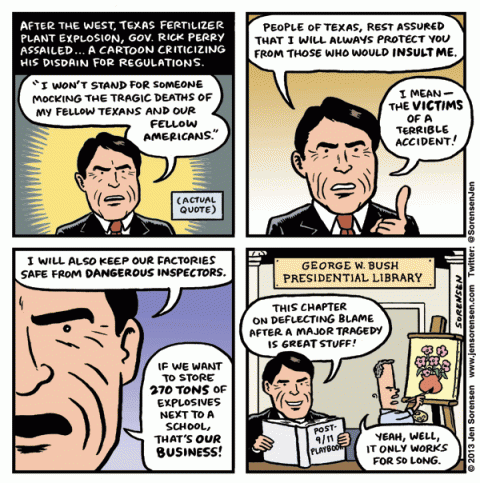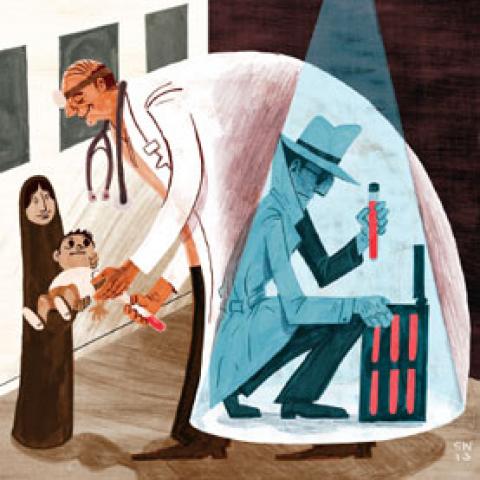When the votes were tallied at the NLRB regional office in Oakland yesterday, NUHW support in Kaiser’s largest bargaining unit had increased by 15 percent—but SEIU, the vocal opponent of striking, won again with 18,844 votes versus NUHW’s 13,101. (Another 334 workers chose no union.)








Spread the word